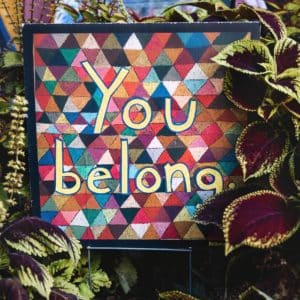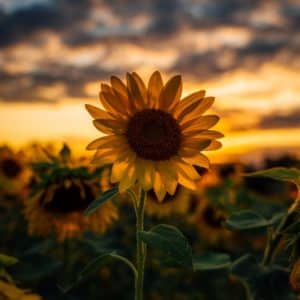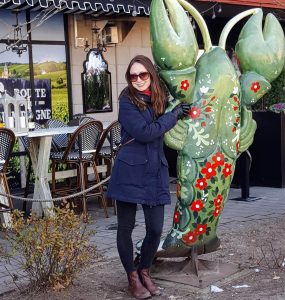EMDR Therapy at KIHC



Upcoming family constellations workshops, with Sarah Knight, open to beginners. Next One: March 20th, 6-8:30 pm. For more information visit https://www.humhealing.com/workshops–training.html or contact Sarah directly, [email protected].
The work of Family Constellations is all about making visible the invisible forces that drive the behaviours, beliefs, symptoms, and patterns that seem to thwart us in our efforts to live a good life.
One of the foundational views of this work is that when seen as part of the whole all of that which binds us to suffering and unwellness suddenly makes sense. So much of what we try to push away or to “fix” has really just turned up in service to highlighting the places where love stopped flowing in our family system, that is where trauma is held, where events remain unresolved, or where someone was excluded. When what lays beneath all of our seeming dysfunction is able to be really seen then the whole system can heave a sigh of relief and the energetic release can be palpably felt.

How we think about bad events, matters. Many healthy people and critical thinkers unknowingly tend toward pessimistic thinking and this is a known risk factor for depression. Further, cultivating the skill of optimism is protective against depression. Are you naturally a more optimistic or pessimistic thinker?
This optimism test, provided by Dr. Marty Seligman, a Positive Psychology researcher and professor at the University of Pennsylvania, is a good place to start! (Visit their website for more optimism tests and authentic happiness questionnaires.)
“A pessimist sees the difficultly in every opportunity; an optimist sees the opportunity in every difficulty.” Winston Churchill

This is also part of the archetypal hero’s journey: The classic human experience of traversing challenges toward satisfying and deep transformation.

What is “normal”? The truth is, “normal” is different for each of us. What’s normal for my body, my thoughts, my emotions, and energy, is likely very different than yours. Just because something is normal for us, doesn’t mean it’s healthy. So, we are talking about creating wonderful new habits, right? Then why are we talking about unhealthy habits? Here’s the thing: If we just mask over poor habits with new ones, the old ones can sabotage our efforts for change. We need to dismantle them first.

When I was introduced to mindfulness, I was confused. It never occurred to me that the healthiest place for my mind to be (and amazingly the most productive!) was in the present. Not thinking ahead, nor about what had already been done, but in the present moment.

Please join Lisa Sabatini for this 3-part online (Zoom) introductory mini mindfulness course:
Wednesday evenings 7:00 to 8:00pm
September 15th to 29th, 2021


As I write this letter to my old friends and colleagues at KIHC in early May, this marks my 1.5-year anniversary here in Nova Scotia.
A lot has happened during this time. While continuing to provide remote counselling sessions for some of my old KIHC clients, I’ve extended my online practice for those living in remote areas of Atlantic Canada. With services reaching rural Newfoundland, Nova Scotia, PEI, and New Brunswick, I’m proud to offer more affordable services for those who might not otherwise have access to mental health care.
In addition, I had the opportunity to return to Tanzania last year, launching “phase II” of a fundraising project that I began in 2008.

I love tea. One of my favorite daily things to do is to make myself a cup of tea and take a moment to slowly sip it. However, when I first started practicing as a Naturopathic Doctor I gave little respect to the humble herbal tea. It was when I did a residency at a first nations health clinic in downtown Toronto that I truly learned the healing power of a cup of tea. In naturopathic medicine we often use tinctures, which are alcohol extractions of plants.